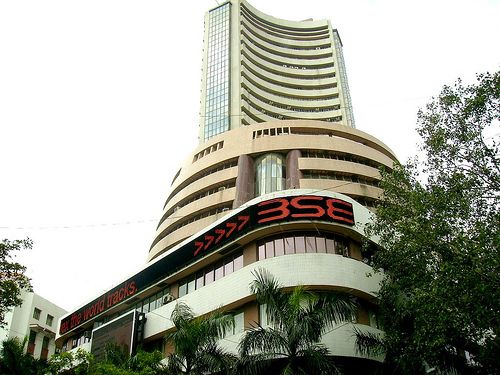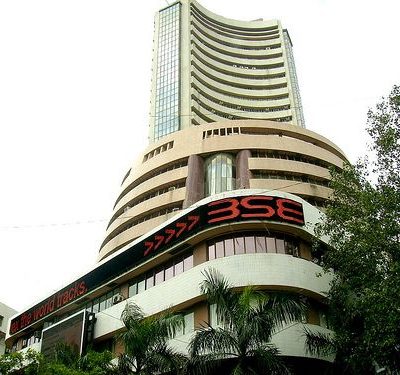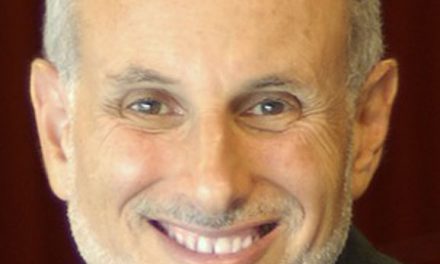 $13.4 Billion-Worth Bought So Far This Year
$13.4 Billion-Worth Bought So Far This Year
By Rajhkumar K Shaaw and Santanu Chakraborty – Bloomberg News
Offshore investors will buy more Indian equities after the nation opened its retail and aviation industries to foreigners, accelerating the highest fund inflows in Asia this year, Bajaj Allianz Life Insurance Co. said.
Prime Minister Manmohan Singh approved on Sept. 14 plans to allow overseas retailers such as Wal-Mart Stores Inc. (WMT) to own 51 percent of supermarket chains, and lifted a restriction on airlines selling stakes to foreign carriers. The benchmark BSE India Sensitive Index (SENSEX), or Sensex, rose 0.4 percent to 18,542.31 in Mumbai, its highest close in 14 months.
Foreign funds have bought a net $13.4 billion of Indian shares this year, the most among 10 Asian markets outside China tracked by Bloomberg, on speculation the government will revive plans to boost an economy growing at the slowest pace in three years.
The investment measures, together with a Sept. 13 move to end a 14-month freeze on diesel prices, may spur the central bank to ease monetary policy after a review today, said Sampath Reddy, chief investment officer at Bajaj Allianz in Mumbai.
The announcements are “very, very positive in terms of fund flows, and in improving sentiments of foreign investors toward India,” Reddy, who manages $7.5 billion at a venture with Europe’s biggest insurer, said by phone on Sept. 14.
Reserve Bank of India Governor Duvvuri Subbarao today kept funding costs unchanged while unexpectedly lowering the amount of deposits banks must set aside as reserves to boost growth.
Sensex Target
Citigroup Inc. raised its June 2013 target for the Sensex by 8 percent to 19,900 on increased foreign inflows, Aditya Narain, head ofIndiaresearch, wrote in a note today. Deutsche Bank AG increased its year-end target for the 30-stock gauge by 11 percent to 20,000, according to a report today.
The Sensex has risen 20 percent this year, the second-best performance among benchmark measures in countries with at least $1 trillion in stock market value, data compiled by Bloomberg show. The gauge jumped 4 percent last week, helped by the U.S. Federal Reserve’s announcement of a third round of stimulus measures and a Sept. 13 increase in diesel prices.
Pantaloon Retail India Ltd. (PF), the nation’s top supermarket operator, surged 19 percent, the most since May 2009, to 187.70 rupees in Mumbai. Shoppers Stop Ltd. (SHOP) jumped 8 percent to 383.75 rupees, the highest since July 20. Budget carrier SpiceJet Ltd. soared 12 percent to 38.6 rupees.
Increased Weighting
Global funds “have to raise” their weighting on Indian equities after the investment proposals, Taina Erajuuri, a fund manager in Helsinki at FIM Asset Management overseeing about $1.2 billion of emerging-market assets, said by e-mail on Sept. 14. “Otherwise, they will underperform. Stocks will go up on the back of the measures.”
The Sensex trades at 14.7 times estimated earnings. While that’s 30 percent more than the MSCI Emerging Markets Index’s valuation of 11.3 times, it’s still below the 16.2 multiple the Sensex traded at in February, data compiled by Bloomberg show.
Singh was the architect ofIndia’s 1990s economic opening and has been prime minister since 2004. The Sensex soared a record 17 percent on May 18, 2009, prompting exchanges to halt trading for the rest of the day, after he won a second term on the promise of higher economic growth and more jobs. The rupee jumped 3 percent that day.
Cash Ratio Cut
Still, Singh’s efforts to implement policies to revive investment amid threats from Standard & Poor’s and Fitch Ratings to downgradeIndia’s credit rating have been derailed by his fractious ruling coalition and corruption allegations. Inflation near 7 percent has limited room for interest-rate cuts.
The RBI cut the cash reserve ratio to 4.5 percent from 4.75 percent, effective Sept. 22, adding about 170 billion rupees to the banking system, according to a statement. Three of 39 economist in a Bloomberg News survey predicted the outcome, with the rest forecasting no change.
The announcements of Sept. 14 “will bring in more capital flows and support the rupee,” Upasna Bhardwaj, an economist at ING Vysya Bank Ltd. in Mumbai, said on Sept. 14. The rupee may advance to 53.50 or 53 per dollar, she said. The currency rose 0.6 percent to 54.0075 after jumping to a four-month high of 53.6550 earlier. The rupee rallied 2 percent on Sept. 14.
India’s economy,Asia’s third-largest, grew 5.5 percent in the June quarter after expanding 5.3 percent in the previous three months, the least in three years. Growth could slow to 5 percent annually if the policy logjam persists, Singh said in his address to the Planning Commission on Sept. 15.
Political Opposition
The changes in ownership rules don’t require approval by parliament. Still, Singh’s ally Mamata Banerjee, the chief minister of West Bengalstate, on Sept. 14 gave the government 72 hours to reverse the steps, Press Trust of India reported. Her party, the Trinamool Congress, may consider pulling out its ministers from the ruling coalition, PTI said yesterday, without citing anyone. The Bharatiya Janata Party, the main opposition party, and its partners, have called for a countrywide strike on Sept. 20, according to the news service.
“If the government doesn’t succumb to the pressures of the opposition and its allies and implements these things, it will be a great move,” Shishir Bajpai, senior vice president at Mumbai-based IIFL Wealth Management Ltd., which oversees $1.8 billion in stocks, said by phone on Sept. 14. “After a long time, there’s something positive. I hope the measures don’t remain on paper.”







